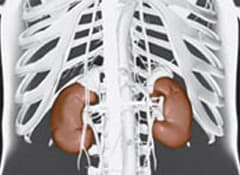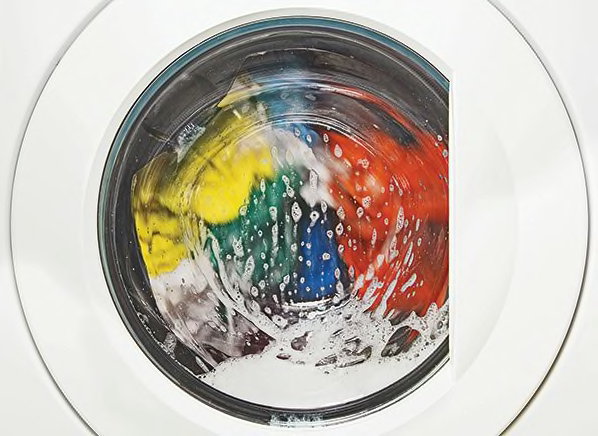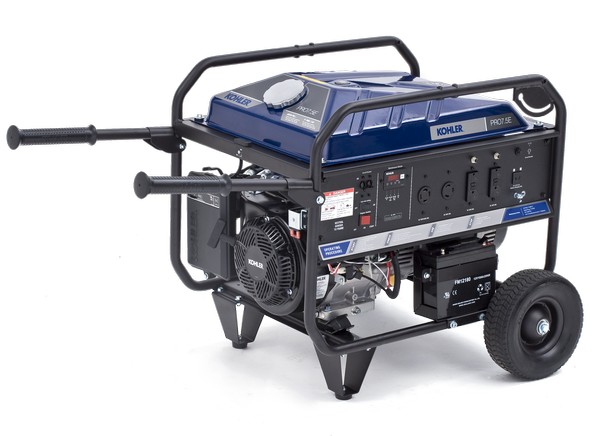Sign In


The vast majority of people with kidney disease don't know it. That's because it damages the organs slowly over many years before causing symptoms. And left untreated, the condition can eventually require people to spend hours hooked up to a dialysis machine or get a kidney transplant. Even mild kidney problems can contribute to anemia, bone loss, worsened heart disease, and premature death.
All that is particularly worrisome now because several factors have conspired to make kidney disease more common than ever. One is the increasing number of people who take multiple medications, which travel through the kidney as they leave the body, taxing the organ. Another is the growing, and related, epidemic of type 2 diabetes and high blood pressure, both of which further strain the kidneys. People over age 60 are especially vulnerable both because they tend to take more drugs, and because kidney function normally declines somewhat with age.
Fortunately, there are several steps you can take to ward off or rein in kidney damage. And you might be able to spot some early warning signs of kidney problems by watching for changes in your urinary habits or your urine's appearance (see the accompanying chart, How to read your urine). More important, improved—but underused—tests can now help diagnose the problem early, when it's most treatable.
Your blood passes through a labyrinth of tiny filters in the kidneys that separate substances that the body needs, such as calcium, sodium, and water, from wastes created by the breakdown of food and drugs. The kidneys maintain a balance of the useful substances and eliminate the waste and excess fluid as urine.
Diabetes and high blood pressure can overload the kidneys' precision workings, causing irreversible scarring and shrinkage. So one key to preventing kidney damage is making the lifestyle changes—notably consuming a healthy diet and exercising regularly—that combat both health problems. Drugs to lower high blood pressure or control diabetes are also often necessary. It's especially important that people with diabetes take ACE inhibitors such as lisinopril (Prinivil, Zestril, and generic) or ARBs such as candesartan (Atacand), which offer strong kidney protection.
But many other medications, especially when used excessively or in high dosages, can harm the kidneys. The biggest concerns are probably ibuprofen (Advil and generic), naproxen (Aleve and generic), and related nonsteroidal anti-inflammatory drugs. And cholesterol-lowering statin drugs such as atorvastatin (Lipitor) and lovastatin (Mevacor and generic) can, in rare cases, harm the muscles, releasing a protein that can seriously damage the kidneys. Make sure you take all medications according to directions, and periodically review all your drugs and supplements with your doctor.
And since research suggests that kidney stones may also damage the organs, it makes sense to prevent the painful crystals from forming in the first place. The most effective step is drinking plenty of liquids. But you might want to go easy on colas: Some evidence suggests their high levels of phosphoric acid may damage the kidneys, possibly by fostering the growth of stones.
People with declining kidney function typically experience no symptoms until failure is imminent. And until recently doctors had no good way to detect early signs of kidney failure. The most accurate measure required 24-hour urine collection. Simpler tests were so insensitive that by the time they showed abnormalities, the kidneys had often already lost more than half their filtering capacity.
But now researchers have validated a faster, easier way to detect kidney trouble: a blood test that is factored into a formula that also uses age, gender, and race to estimate the kidney's filtration rate, combined with a test to measure excreted protein. Testing is especially important if you're age 60 or over; have a personal history of diabetes, heart disease, high blood pressure, or any kidney disease; or have a family history of kidney disease.
An abnormal result, especially on the protein test, does not necessarily mean that you have kidney damage, since a bladder infection or other problems can increase protein excretion. If you have an abnormal result, get retested in a few months. A second abnormal finding indicates the need for further investigation.
If you are diagnosed with kidney disease, there are certain key steps you can take to help contain the damage. "It's not a hopeless diagnosis," says David Ellison, M.D., a kidney specialist and professor at Oregon Health and Science University and the Portland Veterans Affairs Medical Center.
Lifestyle changes that help prevent the disease can also slow it down. And certain steps become especially important:
Fortunately, no one still practices the medieval art of assessing health by tasting the urine. But changes in your urine or your urinary habits can provide warning signs of danger from disease or certain drugs—or they may be harmless changes caused by food, supplements, or certain other drugs. This table can help you make that distinction. In general, consult your physician promptly about a urinary change if you have not consumed any of the benign substances listed below, or if you have any of the potentially harmful conditions or are taking any of the drugs listed. (Note that many of the drugs are available as generics.)
All but one of the potentially harmful medications affect the urine by impairing kidney function; the exception is warfarin, which can redden the urine by causing bleeding.
You may not have to contact your doctor quickly in two cases: You can usually treat dehydration simply by drinking more fluids if there are no other symptoms; and you can usually wait a day or two before calling your doctor about a suspected urinary-tract infection, unless you have severe symptoms, such as back pain or fever.
| Urinary signs or symptoms | Benign causes | Potentially harmful causes | ||
|---|---|---|---|---|
| Foods | Drugs and supplements | Drugs | Diseases and disorders | |
| Strong or foul-smelling urine | Asparagus | Vitamin B6 | None | Dehydration, urinary-tract infection, uncontrolled diabetes |
| Black or dark urine | Fava beans | Laxatives containing cascara(Nature's Remedy), high-dose iron | Statin drugs such as atorvastatin (Lipitor) or simvastatin (Zocor) | Liver or kidney disease |
| Cloudy or murky urine | None | None | None | Urinary-tract infection |
| Green or blue urine | Food color additives | Artificial dyes in many drugs, amitriptyline, cimetidine (Tagamet) | None | Pseudomonas infection; "blue diaper syndrome," an abnormality in the ability to digest tryptophan |
| Pink, red, or smoky brown urine | Beets, blackberries, other red foods | Laxatives containing cascara (see above) | Methyldopa, phenytoin (Dilantin), statins (see above), warfarin (Coumadin) | Kidney disease, rare genetic disorders, or bleeding caused by infection, prostate enlargement, kidney infection, kidney or bladder stone, or kidney, bladder, or prostate tumor |
| Yellow or orange urine | Carrots, rhubarb, beets, food color additives | Laxatives containing cascara (see above) or senna (Senokot); fluorescein (a dye used in certain eye exams); phenazopyridine (Pyridium); aloe; riboflavin; vitamins A, B12 | Rifampin (Rifadin), sulfa drugs (Gantrisin), warfarin (see above) | Dehydration caused by exercise, excessive heat, fever, or insufficient fluid intake |
| Decreased urination | None | Anticholinergics such as atropine (Sal-Tropine) and hyoscyamine (Levbid), contrast agents for imaging tests | Methotrexate (Trexall), sulfa drugs (Gantrisin) | Dehydration, acute or chronic kidney disease |
| Frequent urination (more than four to six times a day or waking more than once a night to urinate) | Excessive water consumption, caffeinated or alcoholic beverages | Diuretics such as furosemide (Lasix), hydrochlorothiazide (HydroDIURIL, Microzide); contrast agents for imaging tests | Lithium (Eskalith), phenytoin (Dilantin), tetracyclines (Declomycin) | Urinary-tract infection, enlarged or infected prostate, uncontrolled diabetes, sickle-cell anemia, heart or kidney failure |
| Hesitant urination (difficult to start) | None | Anticholinergics (see above), various cold medicines such as chlorpheniramine (Chlor-Trimeton), diphenhydramine (Benadryl Allergy); tricyclic antidepressants such as amitriptyline | None | Enlarged or infected prostate gland, urinary-tract infection, urethral stricture |
| Painful or burning urination | None | Cold medicines (see above) | None | Urinary-tract infection, vaginal or vulval irritation, sexually transmitted diseases |
 WASHING MACHINE REVIEWS
WASHING MACHINE REVIEWS GENERATOR REVIEWS
GENERATOR REVIEWS
 Build & Buy Car Buying Service
Build & Buy Car Buying Service
Save thousands off MSRP with upfront dealer pricing information and a transparent car buying experience.
 Get Ratings on the go and compare
Get Ratings on the go and compare
while you shop